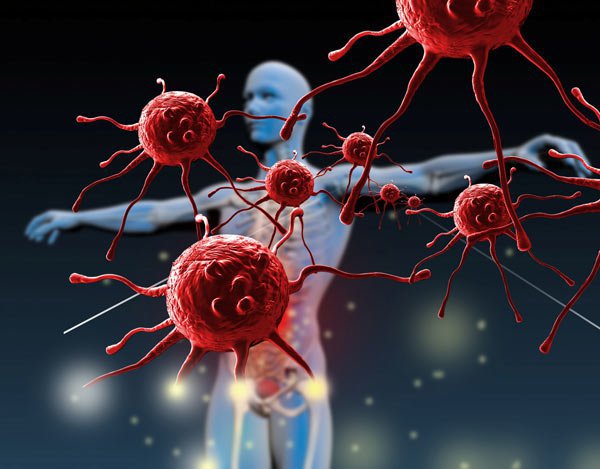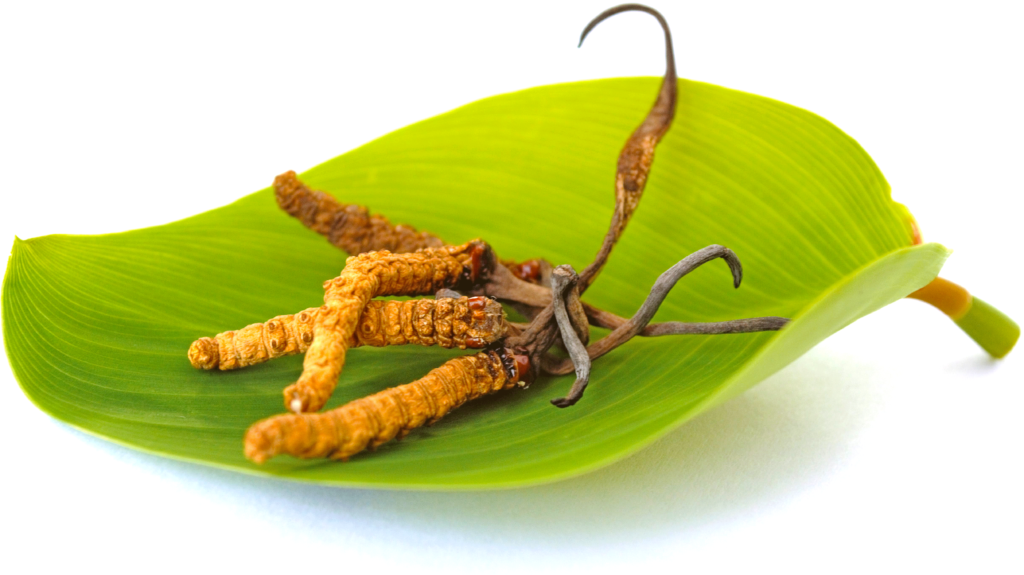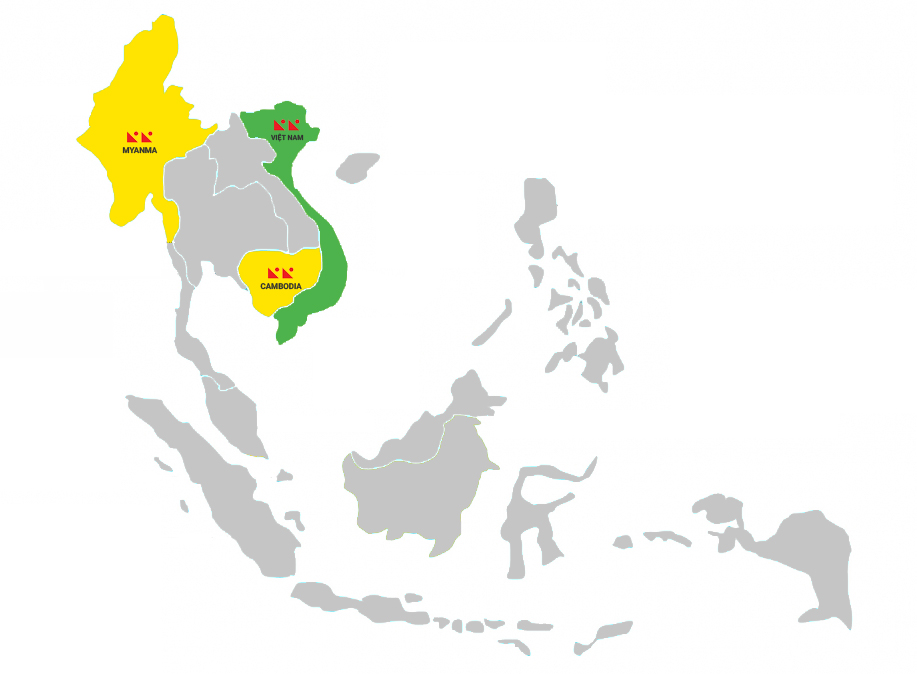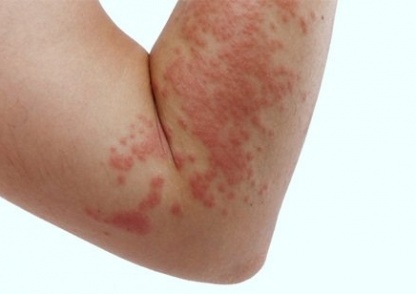ROLE OF CORDYCEPS SINENSIS IN STRENGTHENING HOST DEFENSE AND A HEALTHY IMMUNE SYSTEM
The immune system plays an essential role in promoting host defense and pathogen expulsion. A weak immune system links to a higher susceptibility to sickness and longer recovery time. To enhace defense responses, let's discover about the immune system and the effects of Cordyceps on the immune system.
What is the immune system?
The immune system is made up of special organs, cells and chemicals that fight infections when they enter the body . The main parts of the immune system are: white blood cells, antibodies, the complement system, the lymphatic system, the spleen, the thymus, and the bone marrow (1).
Two main types of the immune system
The immune system protects human beings from infection with layered defenses of increasing specificity, includes the innate immune system with nonspecific response and the adaptive immune with specific response (2,3).
First, physical barriers which are the skin and mucous membranes prevent pathogens from entering the body. If a pathogen breaks these barriers, the innate immune system provides an immediate response. Cells of the innate system include phagocytes (macrophages, neutrophils, and dendritic cells), mast cells, eosinophils, basophils, and natural killer cells. The human body possesses a third layer of protection, that is, the adaptive immune system. The adaptive immune response is activated by the response of the innate immune system, after the body is exposed to an infection or recieves vaccines. The body will produce antibodies to fight the infection and be able to recognise and respond very quickly to any future exposure to the same pathogens (2, 3).

Common disorders of the immune system
Both over- or underactive immune system can affect health and cause different disorders.
Underactivity of the immune system, also called immunodeficiency can be inherited, be caused by malnutrition or arises as a result of medical treatment (corticosteroids or chemotherapy), be caused by another disease (HIV/AIDS or certain types of cancer). An underactive immune system does not function correctly and makes people vulnerable to infections. It can be life threatening in severe cases(1).
On the other hand, overactivity of the immune system can causes allergic diseases such as anaphylaxis, hay fever (allergic rhinitis), sinus disease, asthma, dermatitis and autoimmune diseases - where the immune system mounts a response against normal components of the body. They include multiple sclerosis, autoimmune thyroid disease, type 1 diabetes, systemic lupus erythematosus, rheumatoid arthritis and systemic vasculitis(1).
Effects of Cordyceps sinensis on the immune system
Cordyceps sinensis can differentially modulate the activities of different stages of dendriti cells, which is potentially critical in balancing the control of the homeostatic steady-state of host immunity. Cordyceps sinensis poses seesaw-like balance, by which it boosts a weak immune system under normal circumstances and suppresses overactive immune re-sponses(4).

Cordyceps sinensis has a long history of use in the treatment of respiratory infections and cancer. It has been postulated that the responsible mechanism is related to immune activation, particularly the promotion of innate immunity. With the suppressive effects on the immune system, Cordyceps can be used for treatment of autoimmune diseases and for immunosuppression after organ transplant(3).
These suggest that Cordyceps sinensis has balancing act in immunomodulation through enhancing host immunity and suppressing overactive immune reactions, which can help the body to fight against harmful pathogens and allow it to recover faster.
References:
(1)https://www.betterhealth.vic.gov.au/health/ConditionsAndTreatments/immune-system
(2)https://www.healthdirect.gov.au/immune-system
(3) Bao-qin Lin and Shao-ping Li. Chapter 5, Cordyceps as an Herbal Drug. Herbal Medicine: Biomolecular and Clinical Aspects. 2nd edition. 2011.
https://www.ncbi.nlm.nih.gov/books/NBK92758/#:~:text=In%20summary%2C%20studies%20reveal%20that,further%20influence%20systemic%20immune%20function.
(4) Chia-Yang Li et al. Two-sided effect of Cordyceps sinensis on dendritic cells in different physiological stages, Journal of leukocyte biology. 2009; 85(6):987-95










